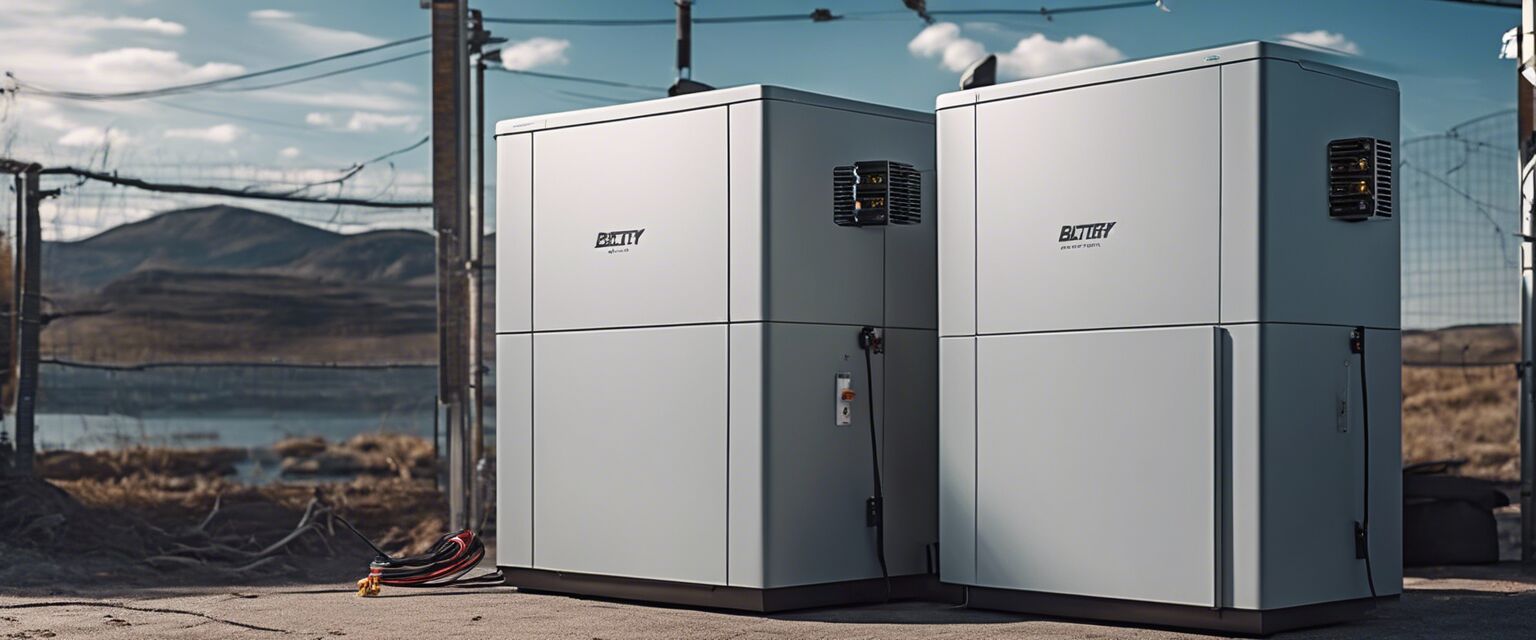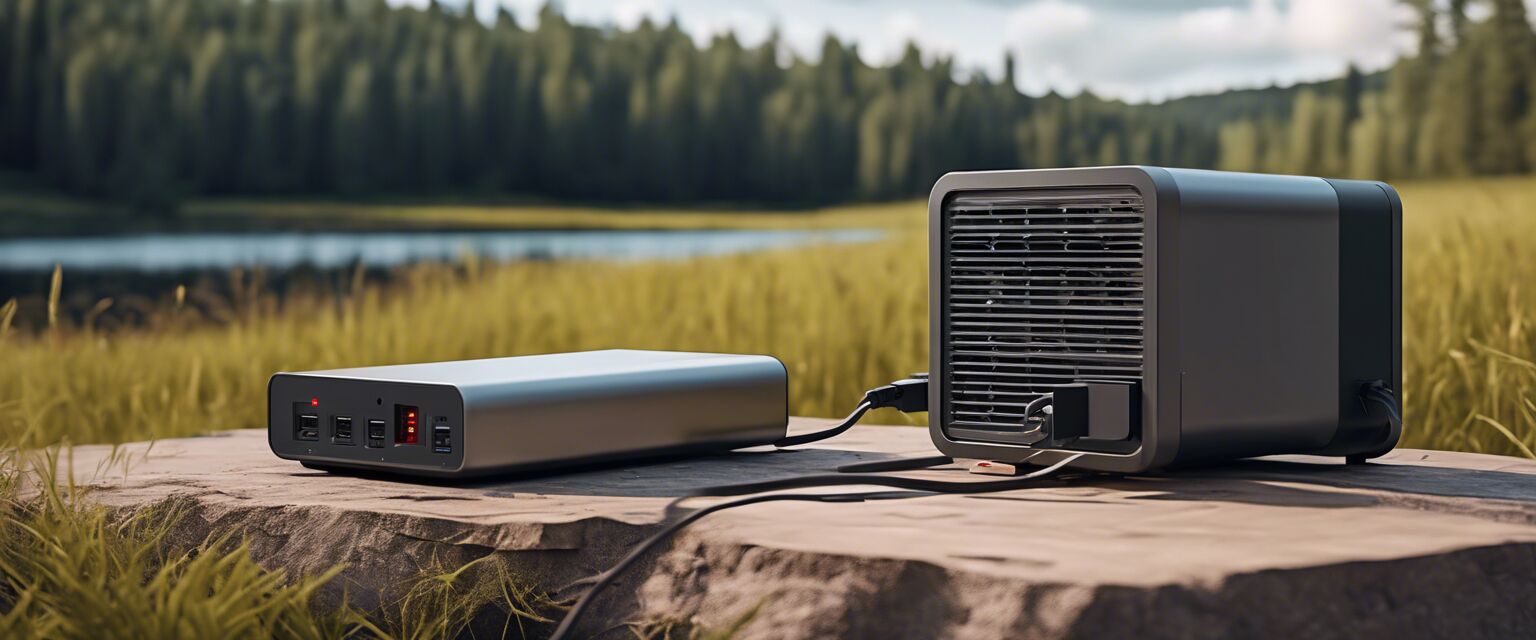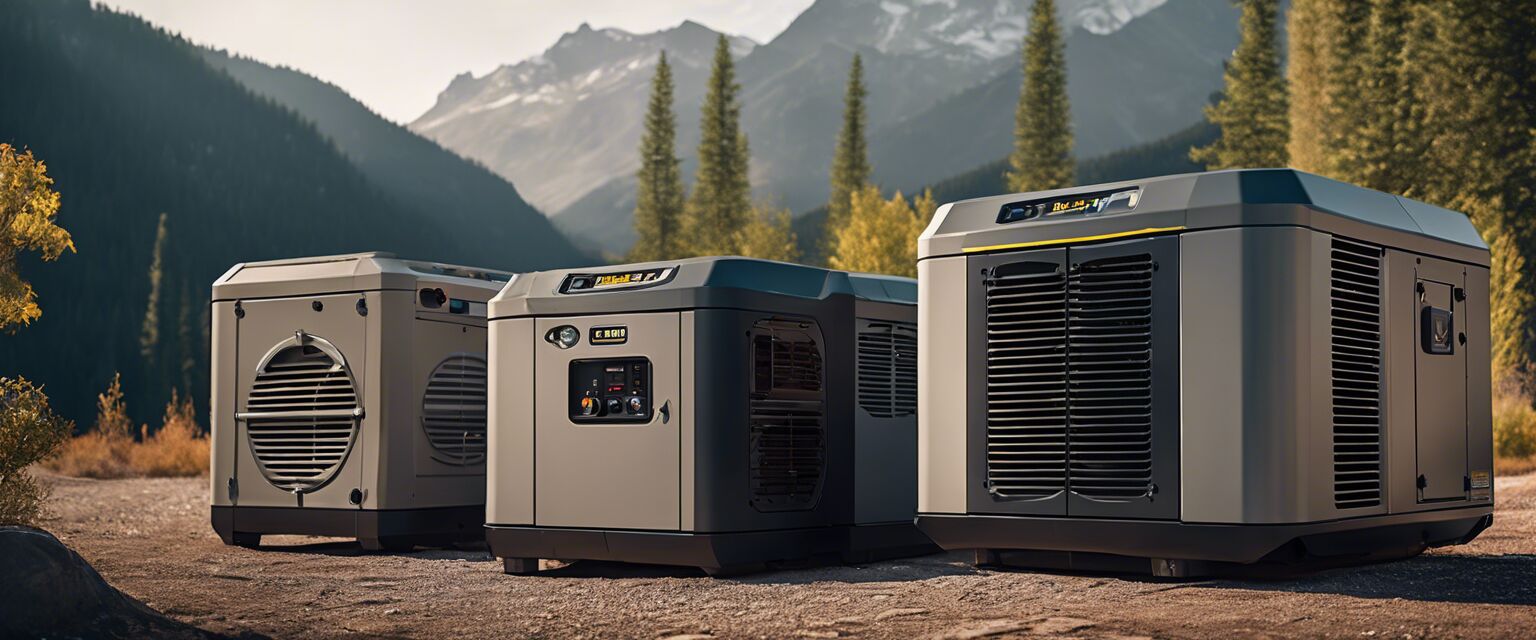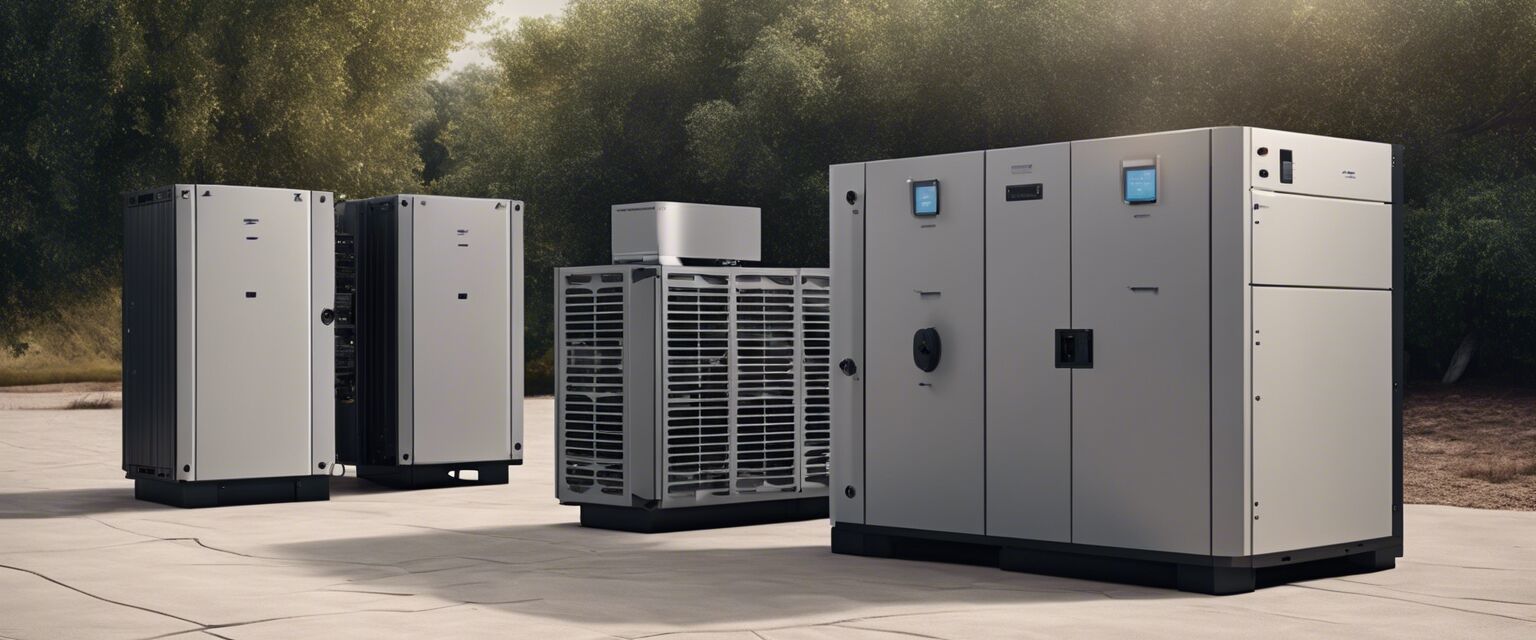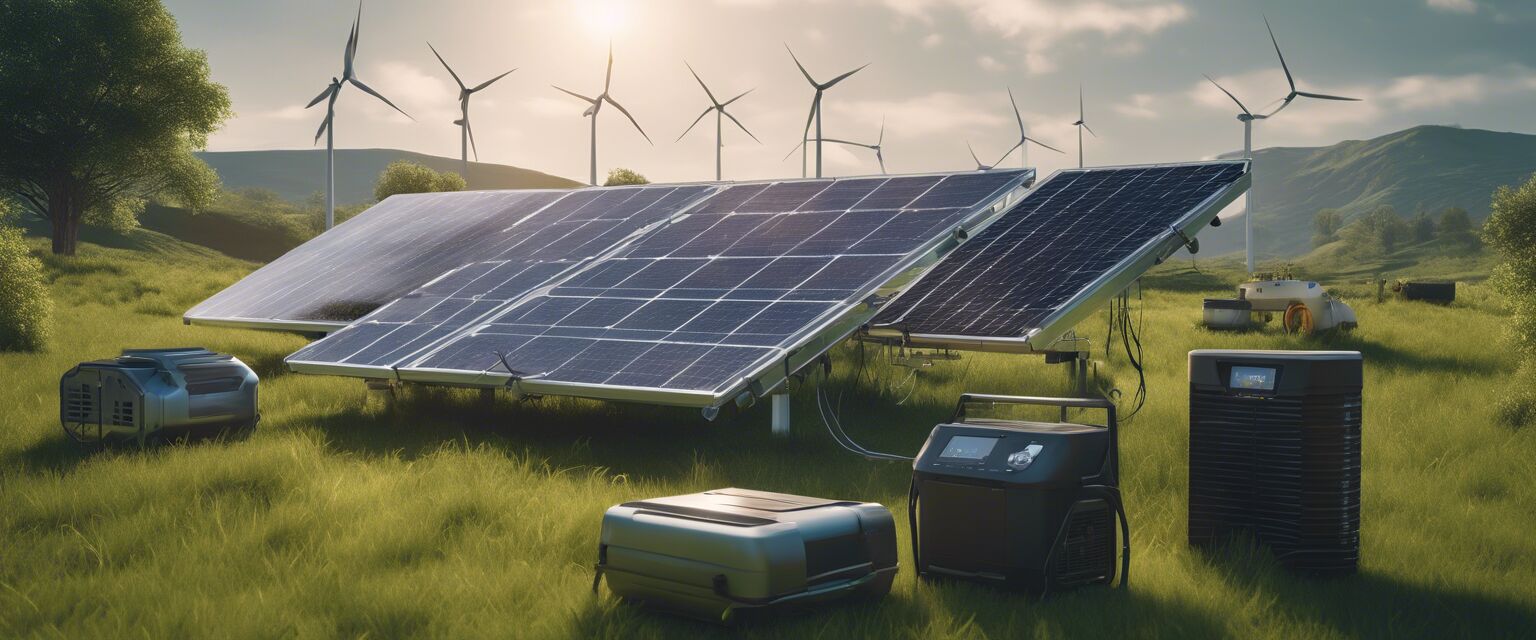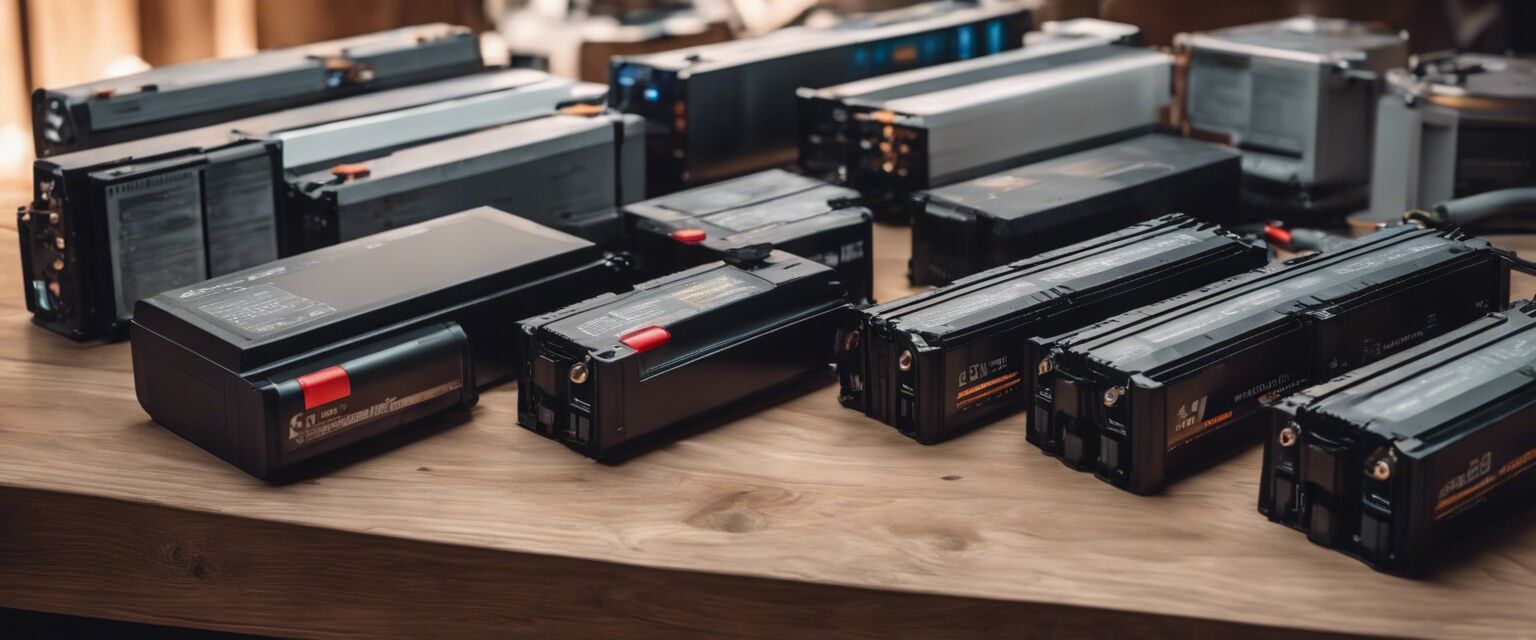
Battery Storage Solutions
Key Takeaways
- Battery storage systems are essential for off-the-grid power solutions.
- Different battery types serve various needs; lithium-ion is popular for its efficiency.
- Understanding the pros and cons of each battery type can help you choose the right solution.
- Proper maintenance extends the lifespan of your battery storage systems.
Battery storage systems have become increasingly important for individuals and businesses looking to harness power in off-the-grid settings. From homes in remote areas to outdoor enthusiasts, having a reliable battery storage solution can provide peace of mind and energy independence. In this article, we will explore various types of battery storage systems including lithium-ion, lead-acid, and more, to help you find the right solution for your needs.
Types of Battery Storage Systems
| Battery Type | Pros | Cons |
|---|---|---|
| Lithium-ion |
|
|
| Lead-acid |
|
|
| Nickel-based |
|
|
Choosing the Right Battery Storage System
When selecting a battery storage system, consider the following factors:
- Energy Needs: Assess how much energy you need to store and use.
- Budget: Determine how much you are willing to invest in a battery storage solution.
- Space: Ensure you have enough space for installation.
- Durability: Look for batteries that can withstand your environmental conditions.
Maintenance of Battery Storage Systems
Proper maintenance is crucial for extending the lifespan of your battery storage system. Here are some tips to maintain your batteries:
Tips for beginners
- Regularly check the battery terminals for corrosion.
- Ensure proper ventilation during charging.
- Keep batteries at optimal temperatures.
- Schedule periodic inspections to identify any issues early.
Comparing Battery Storage Systems
| Criteria | Lithium-ion | Lead-acid | Nickel-based |
|---|---|---|---|
| Cost | $$$ | $$ | $$$ |
| Lifespan | 10-15 years | 3-5 years | 5-10 years |
| Energy Density | High | Low | Medium |
Conclusion
Battery storage solutions are critical for anyone looking to harness energy in off-the-grid situations. By understanding the various types of batteries available, their pros and cons, and the maintenance required, you can make an informed decision that suits your energy needs. Remember to factor in your budget, space, and energy requirements when choosing the right battery storage system for your lifestyle.
Pros
- Provides energy independence
- Supports renewable energy sources
- Can lower electricity costs in the long run
Cons
- Initial investment can be high
- Requires maintenance
- Quality varies across manufacturers
Further Reading
For more information on battery storage systems, check out our other articles:
Visualizing Battery Storage
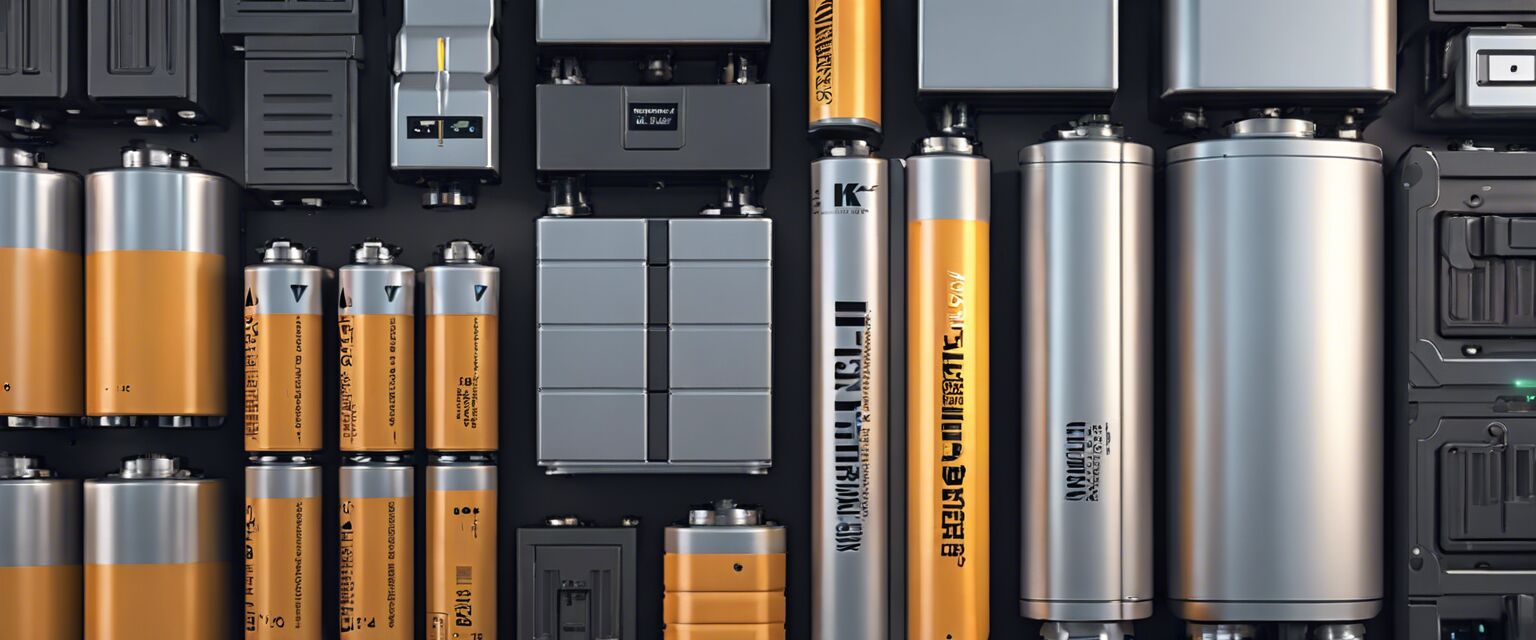
Battery Maintenance Equipment
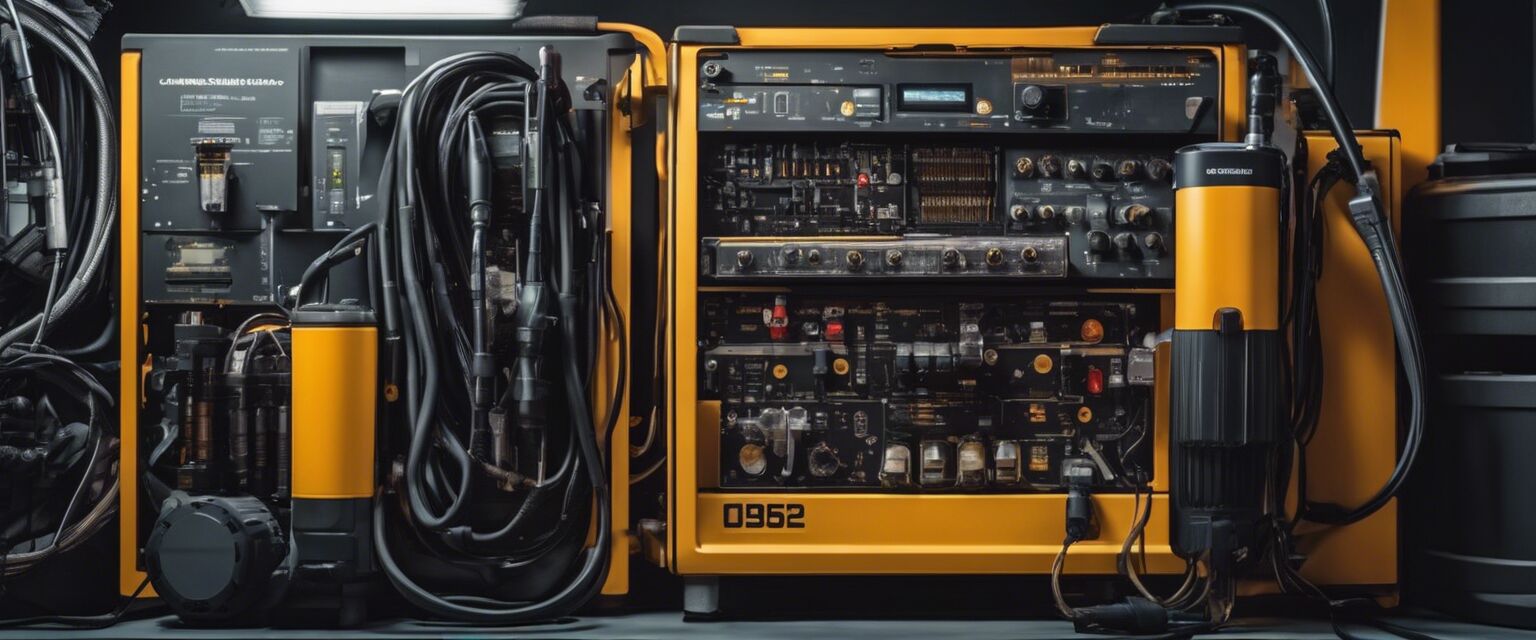
Battery Installation Process
